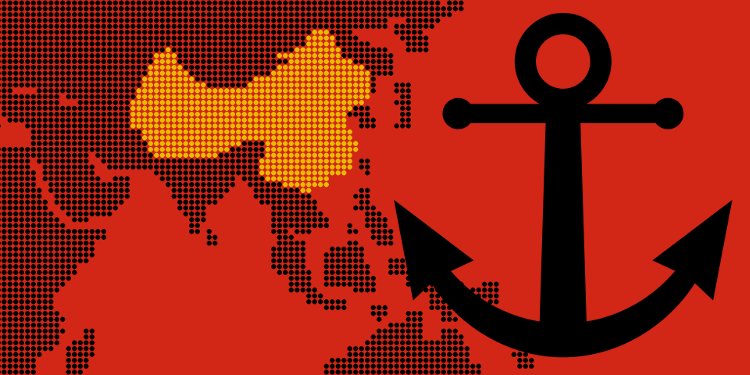China mostly talked this week. And they plan to talk more next week with Obama about Taiwan’s elections. Taiwan now allows 5,000 new Chinese visitors per day and China will give Taiwanese electronic passes in their visits. This raises questions about why China wants so many people in Taiwan while making Taiwanese in China easier to track. US experts think that Taiwan will be more difficult to defend from a Chinese invasion over the coming years.
Japan’s National Diet gave the nod for international military action for the first time in seven decades. China had some words about that too, having more to do with Japan’s military staying at home than with China’s military staying at home.
Thousands pour through Austria seeking shelter
…Europe is not the only continent with more international visitors
Japan
Okinawan governor to revoke permit for U.S. base relocation work
Japanese, China express opposition to law change
Japan enhances military’s role as contentious legislation passed
Support for Abe sags even further in more polls


